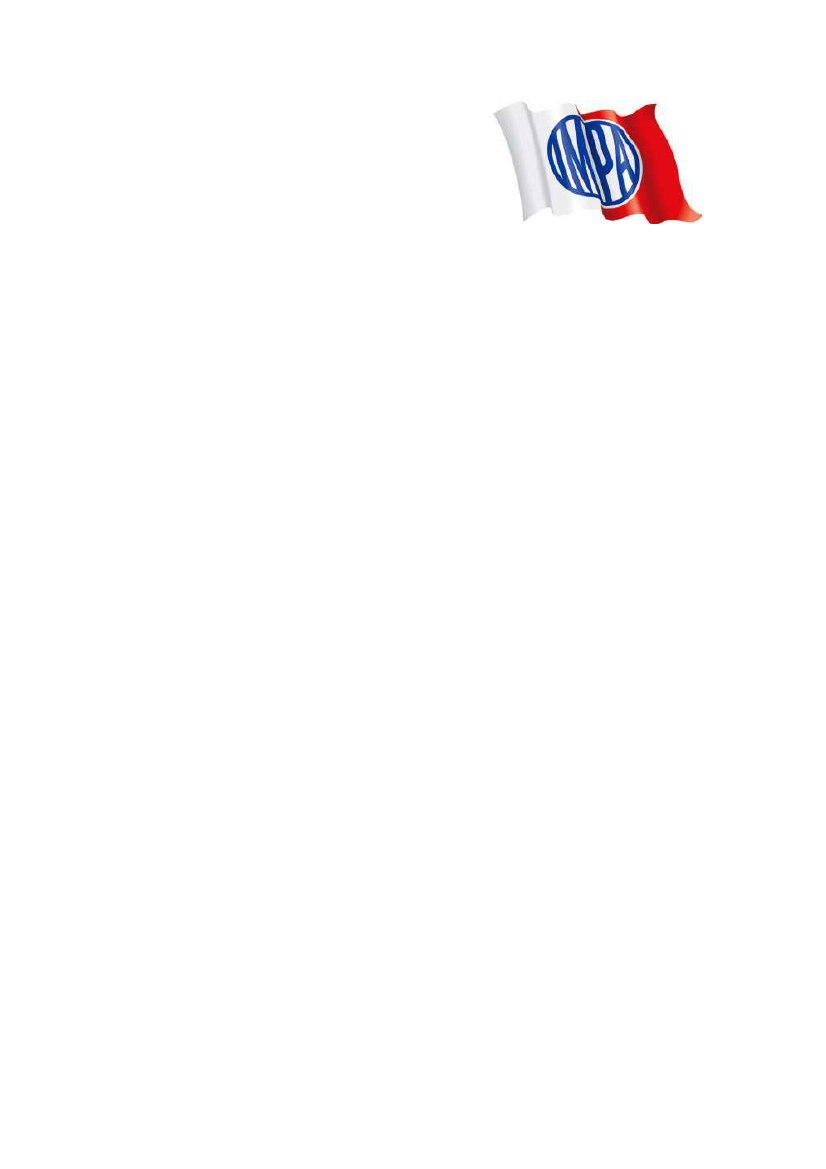
IMPA's Position on Competition in Pilotage:
1.
In a competitive pilotage environment levels of safety drop and no incentives
for proper training exist. Limited term contracts do not encourage recruitment,
training and succession. A large part of the safety benefit of a pilot on board
is derived from his long-term experience, knowledge and skill. This is negated
by the provision of pilotage services on a short term basis. In the vast majority
of ports the training of pilots takes is several years before the full benefits of
experience are realized. There is no encouragement to invest in boats and
safety equipment which have a capital life in excess of the contract period.
In economic efficiency terms, competing providers of pilotage will not
cooperate in providing a port-wide service, if indeed a port is capable of
supporting more than one supplier of pilotage. The economic gain of one
shipping line in a competitive situation means certain sectors of port traffic will
be neglected to the overall disadvantage of the port. Safe and efficient
pilotage should be provided to all users on a non-discriminatory basis.
Competitive pilotage is by its very nature discriminatory.
A single point failure in pilotage has catastrophic consequences for the
marine environment, all port users, commerce, industry and the local
community. The consequence of failure is not limited to management or the
shipowner. A fully regulated single provider system with an in-built safety
culture has proven to be the safest and therefore most cost effective answer.
Experiments with competition elsewhere in the world has shown that, in spite
of regulation, the outcome will be longer hours and shorter rest periods with
consequential fatigue-induced decrements in performance. Health, safety
and the environment will all suffer in a competitive environment as evidenced
in the experiences of Argentina and Australia. In Argentina legislation has
been introduced to return to a regulated pilotage system and in Australia
numerous reviews and studies are underway into competitive pilotage
following accidents within the Great Barrier Reef. Pilots there now work longer
hours, and take on part time work (outside pilotage) to supplement their
income and there is not enough money to provide for training. One of the first
responses to declining revenue is the winding back, and ultimate cessation of
training. The resultant accidents are well documented.
Pilots exist to protect the interests of the state and community. In doing so the
interests of the shipowners are also protected. The independent role of the
pilot is critical in this regard.
If a pilot is dependent on securing and maintaining a contract with a
shipowner for his continued existence, his loyalty will shift from the community
to the shipowner. These interests often conflict.
Competition experiments in pilotage have provided an environment for
corruption to flourish. Corruption occurs with the various private organizations
siphoning off large percentages to place work with favoured suppliers to the
detriment of safety and quality. Existing statistical data shows how the cost of
2.
3.
4.
5.
6.
7.